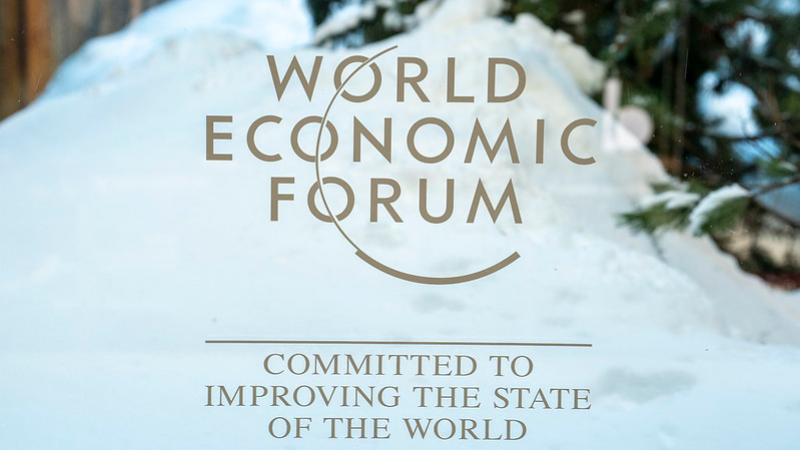At the 54th Annual Meeting of the World Economic Forum in Davos-Klosters, Switzerland, the World Farmers’ Organisation (WFO), in the person of President Mr Arnold Puech d’Alissac, championed the central role of agriculture and the farmers in global sustainability efforts.
The 2024 World Economic Forum (WEF) Annual Meeting wrapped up on January 19 after five days of discussions on the theme “Rebuilding Trust”. The talks centred around the importance of transparency, consistency and accountability as fundamental principles for building trust into the future, within societies and among nations.
The WFO President addressed many high-level sessions and roundtables and didn’t miss out on highlighting the crucial role of Agriculture in protecting and restoring biodiversity, as it is the only sector that simultaneously can adapt to and mitigate the impact of climate change; farmers worldwide, apart from producing food, feed, fibres, and energy, provide important ecosystem services and support the development of rural communities.
A key theme in Mr Puech d’Alissac’s speeches was the paradigm shift towards a rebalance of power in the value chains based on the partnership approach between farmers and the other value chain actors. Moreover, farmers deserve greater recognition of farmers as stewards of biodiversity and natural resources. He passionately argued for farmers to be considered equal partners, no longer mere recipients of decisions on price, policies and programmes and to be involved from the very beginning of any decisional process regarding food systems.
The WFO President also remarked that a top-down, one-size-fits-all solution approach is inadequate for the diverse world of Agriculture; for that, only a real farmer-driven transformation could lead to an effective, durable change in the food value chain. Farmer-driven does not mean farmers only, it means that farmers should be listened to and be considered as co-designers and co-developers of solutions instead of just those who have to “buy” solutions proposed by the industrial sector.
Farmers’ involvement in the climate-policy design, access to financial resources and technological innovation, fair income for their work, and strengthened Farmers’ Organisations are key elements for global success.
The overall meeting provided a valuable platform for reaffirming farmers’ commitment to actively shape the future of Agriculture and food production.
Moreover, on behalf of the global farming community, Mr Puech d’Alissac expressed farmers’ readiness to collaborate with all actors in the food value chain, working to build a more sustainable, fair, and equitable future for all.
Farmers can’t do it all alone. As The World Farmers’ Organisation, we call on the world governments, the private sector, researchers, civil society, and all relevant actors in the value chain to be willing to sit together with the farmers and consider farmers as strategic allies to identify locally appropriate solutions for our global problems.
